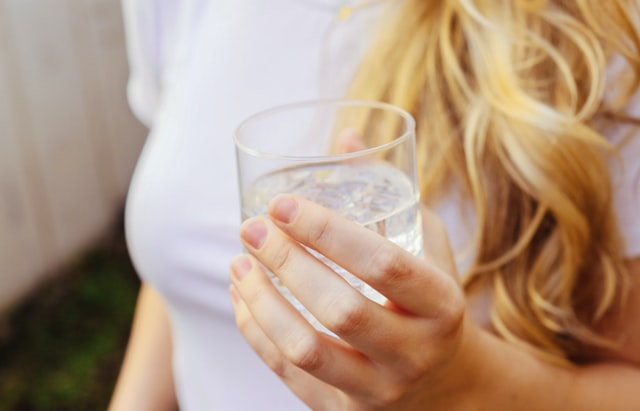Nature provides a very nice sports drink to help you rehydrate after an exercise, and it comes from a faucet.
“Maple water” is quickly gaining popularity as a pre-and post-exercise beverage to enhance performance and recuperation. Despite being a relatively recent addition to shop shelves, its usage stretches back millennia.
Numerous websites describe how North American explorers deemed maple water to be the “healthiest beverage in the world” after tasting the fluid derived from trees. It is not a proven quotation, but who questions health food urban legend?
Let’s go on a discovery excursion with registered dietitian Beth Czerwony, RD, to see if those thirsty explorers were onto anything.
What exactly is maple water?
You may not be acquainted with maple water, but you’re likely familiar with maple syrup. (We’re talking about genuine maple syrup here, not imitation high-fructose corn syrup.)
According to Czerwony, pure maple tree sap serves as the basis for both maple water and maple syrup. The sap that has been pasteurised is maple water. In contrast, maple syrup consists of sap that has been cooked and condensed.
The composition of maple sap is about 98% water and 2% sugar. Therefore, maple syrup producers generally boil forty gallons of sap to generate one gallon of syrup. (Producers collect the sap in late winter or early spring by inserting taps into maple trees.)
So what is maple sap exactly? Essentially, it is a nourishing fluid that acts as the lifeblood of a maple tree, supplying energy for development and maintaining health.
It turns out that what is healthy for a maple tree is also excellent for you.
Benefits of maple water for your health
What is the greatest advantage of maple water? That’s simple, according to Czerwony: It is rich with electrolytes, which are essential elements for your body and provide you with the “charge” you need to go through the day.
Sweat causes electrolyte loss, which is why sports drinks advertise their capacity to replenish this essential nutrient after exercise.
Consider maple water a “natural” alternative to these replenishing products: “The effects are almost the same,” adds Czerny. “Maple water can assist you in rehydrating and replenishing lost electrolytes.”
In addition, scientists have discovered that drinking maple water does not completely relieve thirst. Why is it a plus? Because that “thirsty sensation” is your body’s method of ensuring that it is adequately rehydrated.
Additional possible advantages of maple water include:
- Due to the anti-inflammatory effects of antioxidants such as manganese, post-exercise recovery may be accelerated.
- Abscisic acid (ABA), a plant hormone found in the fluid, stabilises blood sugar levels. ABA may assist in managing and controlling diabetes.
- Polyphenolic micronutrients include cancer-fighting effects.
There is also a notion that maple water may aid in the treatment of hangovers, however, this idea is based on studies conducted on rats. Maple water is not a reliable hangover remedy, according to Czerwony.
Coconut water versus maple water
How does maple water compare to its tropical sister, coconut water, in terms of natural hydration solutions?
Each candidate’s résumé highlights unique and comparable nutritional abilities. For example, maple water is loaded with manganese, whereas coconut water is loaded with potassium. Each is rich in electrolytes.
Maple water has around 50 cents fewer calories and grammes of sugar than coconut water.
However, is one superior to the other? Czerwony states, “Ultimately, everything boils down to taste choice.” Coconut water is sweeter and has a somewhat nutty taste, whilst maple water has a mild maple sweetness from the north woods.
Are you in need of a bottle?
Are there any potential advantages to consuming maple water, especially after a strenuous workout? Absolutely, says Czerwony. However, she warned against concluding that it is a full game-changer in light of the same 2019 research that found thirst.
“In actuality,” adds Czerwony, “it seems that drinking plain water will have similar hydration effects.”
